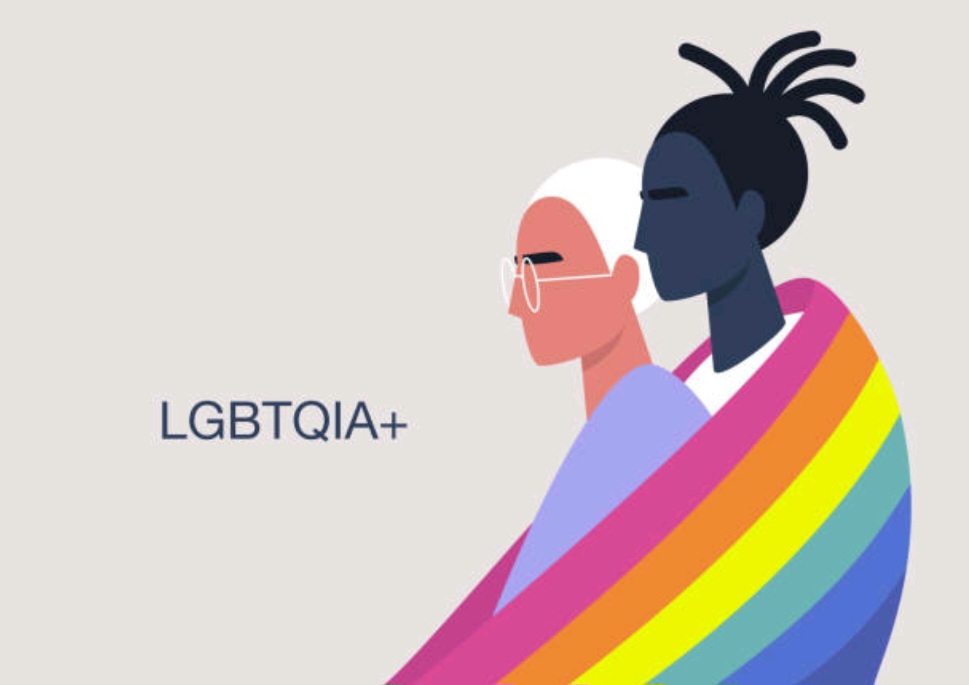In today's society, discrimination against LGBTQ+ individuals remains a pressing issue. LGBTQ+ stands for lesbian, gay, bisexual, transgender, and queer or questioning, and discrimination against these individuals can manifest in various forms, impacting their daily lives and overall well-being.
One form of discrimination is social stigma. LGBTQ+ individuals may face judgment, prejudice, or exclusion based on their sexual orientation or gender identity. This can lead to feelings of isolation and mental health challenges as they navigate societal expectations.
Employment discrimination is another significant concern. LGBTQ+ individuals may encounter bias in the workplace, affecting hiring decisions, promotions, and overall job security. Unjust treatment based on one's sexual orientation or gender identity is not only unfair but also detrimental to one's professional and personal growth.
Housing discrimination is a persistent issue as well. LGBTQ+ individuals may face obstacles in finding safe and inclusive housing. Discrimination in housing can lead to higher rates of homelessness among LGBTQ+ youth who are particularly vulnerable.
https://heckinunicorn.com/blogs/heckin-unicorn-blog/the-price-of-being-queer-in-singapore-lgbt-rights-in-singapore
Healthcare disparities also contribute to the challenges faced by LGBTQ+ individuals. Some may encounter discrimination from healthcare providers, impacting their access to appropriate and inclusive medical care. This can result in delayed or inadequate treatment, negatively affecting their overall health and well-being.
Legal discrimination, such as restrictions on marriage and adoption rights for LGBTQ+ individuals, adds another layer to the challenges they face. While progress has been made in many places, there are still regions where discriminatory laws persist, limiting the rights and freedoms of LGBTQ+ individuals.
Addressing discrimination against LGBTQ+ individuals requires collective efforts to promote understanding, empathy, and equal rights. Advocacy for inclusive policies, education to challenge stereotypes, and fostering acceptance within communities can contribute to creating a society that respects and values the diversity of its members. Breaking down these barriers is not only a matter of justice but also a step towards building a more compassionate and inclusive world for everyone.






No comments:
Post a Comment